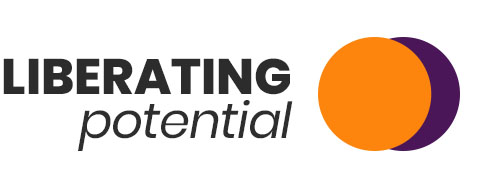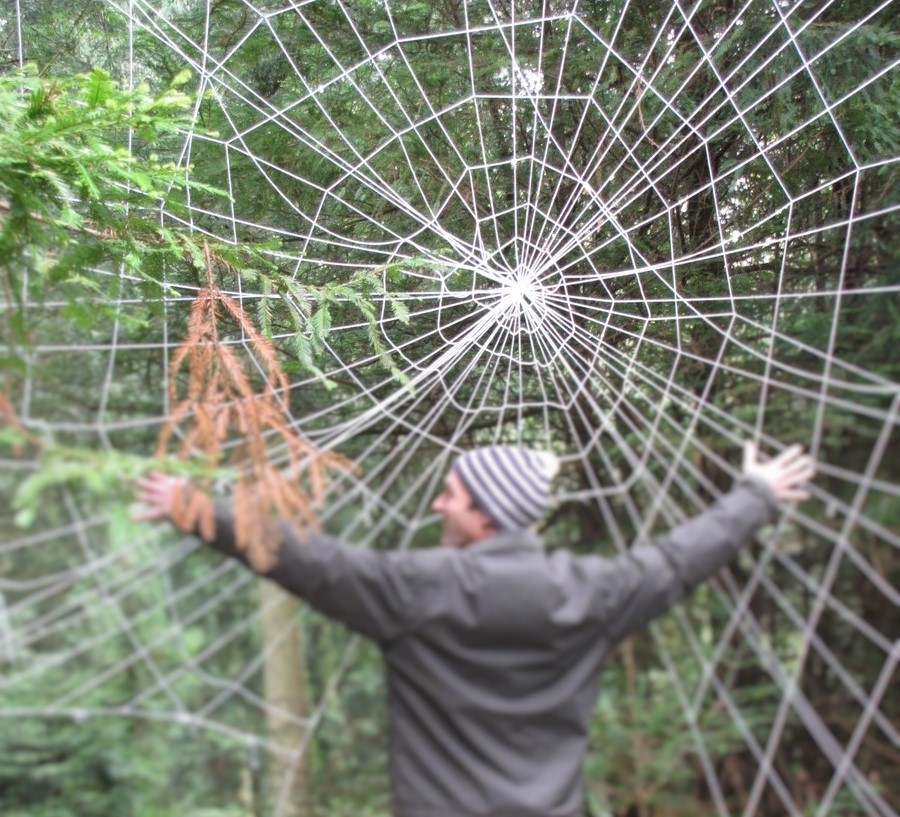19 May 2020
The current pandemic has suddenly forced many previously co-located people to work remotely, a practice that may continue as a ‘new norm’. In the Global economy, remote and virtual working is not new, but for many leaders of previously co-located teams as well as those more experienced in remote leadership the current context presents a profound challenge.
A deep level of human concern ...





